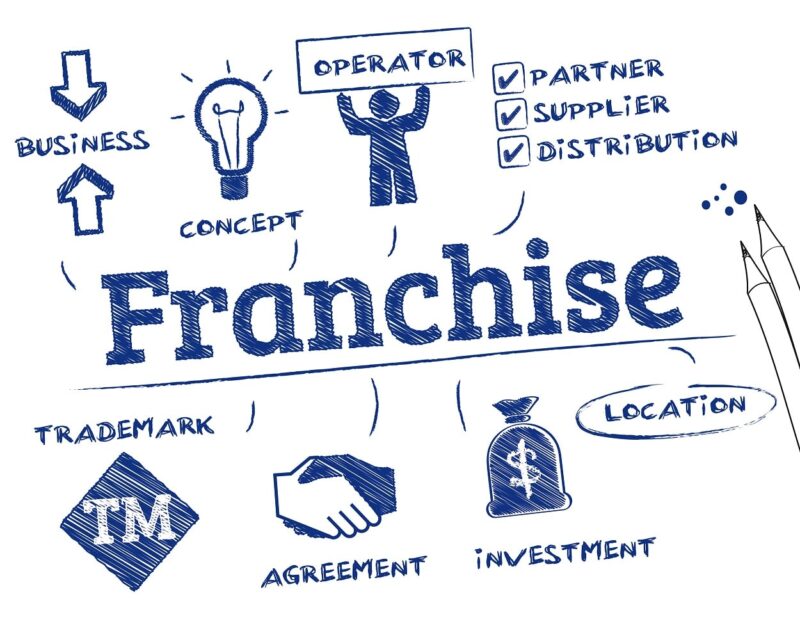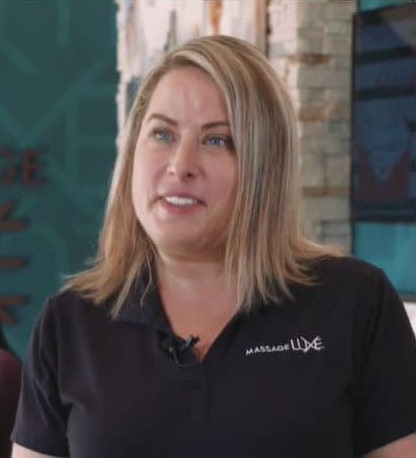The Most Important Terms in the Franchising Industry
So, you want to become an entrepreneur and you realize the best way to do that is to open a franchising business. Great! But where do you even begin?
As you research various franchise opportunities, brands, and industries, you're sure to come across various terms and lingo that are common within the franchising world. Understanding these terms is key to understanding the franchise process, as once you speak the language of franchising, you’ll be better equipped to follow the path that is best for you.
Read on to discover a list of terms often used in franchising and immerse yourself in the language that allows successful franchise business owners to thrive:
Common Terms in Franchising
Brand
The mark, name, logo and identity of a company or business, and a franchise system's most valuable asset.
Broker
An outside salesperson. For a fee, a broker will sell a franchise for the franchisor.
Franchise Disclosure Document (FDD)
A document that outlines a franchisor’s entire written franchise program. Provides information about the franchisor, franchise agreement and a complete description of initial investment costs.
Franchise Representative
Franchisor employee whose primary responsibility is to consult with franchise owners regarding their business – growing sales, profits and building an infrastructure to support it.
Franchisee
The person(s) who is given the right from a franchisor to do business under its brand name.
Franchise Agreement
The written contract between the franchisor and franchisee.
Franchisor
The business that grants the franchisee the right to do business under the franchisor’s brand.
Franchise Sales Recruiter (FSR)
Franchisor employee that works directly with franchisees during the start-up period.
The Federal Trade Commission (FTC)
The U.S. government agency that regulates franchising.
Gross Revenue
The term refers to the total revenue made as a result of some activity. It can refer to things such as total profit or total sales.
Initial Franchise Fee
This fee is the initial cost paid by the franchisee for the right to use a business’ brand name, business model, receive funding and other potential services provided by the franchisor. It is typically paid after a franchise agreement is signed.
Initial Investment
This is the initial cost of getting into business that includes the franchise fee; location build-out; any furniture, fixtures and equipment; décor; inventory down payment, professional fees, grand opening advertising and operating capital needed to support the business for the first few months.
Multi-Unit Development (MUD)
A franchisee committing to develop multiple locations within a franchise system during an agreed upon time frame.
Royalty Fee
A continuing fee paid by the franchisee for the use of a brand and business model.
Single Unit Franchise
The traditional franchise model involves a franchisee committing to develop a single location.
Vendor
A supplier of products or services.
Interested in Joining The MassageLuXe Family?
If you're considering entering the world of massage franchises, MassageLuXe presents an exciting opportunity!
With our consistent high rankings among industry experts, proven business model, comprehensive support system, and standout culture, MassageLuXe offers aspiring entrepreneurs a chance to own a rewarding business in the growing wellness industry.
Learn more about franchising with MassageLuXe here. If you’re interested in learning more about the process of becoming a franchise owner, read more about our process here. To start your journey of becoming a franchise owner with MassageLuXe, fill out our form here, and we’ll be in touch to start an introductory conversation. We look forward to learning more about your entrepreneurial goals and how we can help you achieve them with a MassageLuXe franchise!














